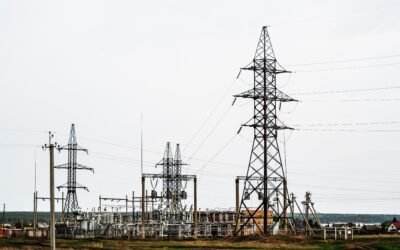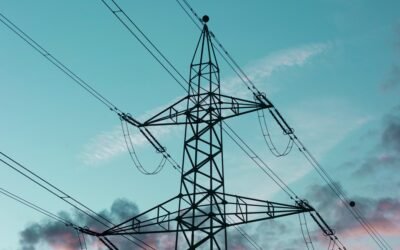Blog
Assessing the Environmental Impact of Infrastructure Projects
Abstract The construction of large dams and reservoirs for the establishment of hydropower projects can alter the natural flow of water in the surrounding areas. This can lead to changes in the amount and timing of water runoff, increasing the risk of landslides and...
Rent Control Laws in India – A Case of Dissonance between Expectation and Reality
Abstract Rent control laws have been implemented in many countries to protect tenants from high rents and ensure affordable housing for all. The Indian State also adopted a socialist outlook post-Independence, which reflected a deep-rooted skepticism of markets and...
Consolidating the Regulatory Environment of Infrastructure Laws in India: The Need of the Hour
Abstract The present paper takes note of the currently fragmented framework of laws that exist to manage infrastructure development in India, alongside the recent measures undertaken in furtherance of the same. Upon initially looking at the regulatory environment of...
Climate Change, Sustainable Development, and the Principle of Common but Differentiated Responsibilities – An Indian Perspective
Abstract In 2022, India experienced one of the worst heatwaves it had ever faced, following which theWorld Meteorological Organization stated that “climate change made heatwaves in India 30 times more likely.” AWorld Bank Report stated that, by 2030, around 34 million...
Virtual Power Purchase Agreements: Introduction, Current Stance, and Way Forward
1. Introduction A long-term power supply agreement known as a Power Purchase Agreement (PPA) is reached directly (bilaterally) between a buyer (an electrical consumer) and a supplier (plant operator). This agreement guarantees the provision of electricity at a...
Incentivizing India’s drive towards clean, affordable, and reliable Solar Energy: Focusing on the PLI Scheme
Abstract India has always been a high-energy utilization country. The growing population coupled with the depletion of existing sources of energy has been leading the country towards an energy crunch situation. This has prompted the nation to discover the potential of...
Criticisms related to Human Rights Based Approach (HRBA) in Energy Infrastructure Projects: With reference to India
Abstract Human Rights based Approach (“HRBA”) refers to a framework that has been put in place to ensure that active measures are taken by stakeholders inclusive of governments, organizations and others, to formulate policies around the globe that are duly in...
Analysis of the Types of Insurance to manage Risk under Construction Projects
Abstract The paper takes a deep dive into construction contracts and their intersection with various insurance policies undertaken throughout the life cycle and after the completion of a project under various jurisdictions. Given the emphasis on insurance being used...
Public-Private Partnership in Solar Energy: Indian Perspective
Abstract This Blog Post explores the role of Public-Private Partnerships in developing India’s solar energy sector. Further, it examines the National Solar Mission, a major initiative launched by the Indian government in 2010, and the success of its Phase I through...
Delay in Adoption of Tariff Amounts – An Appropriate Force Majeure Event?
Abstract The COVID-19 pandemic brought unforeseen issues that have affected every stage of the supply chain globally. The energy projects, and infrastructure industries were also no strangers to the same. Projects were halted for months, and all the stakeholders faced...
About Us
The Indian Journal of Projects, Infrastructure and Energy Law (IJPIEL) is a student-run law
journal and blog which was founded in July 2020 by a group of students from Universities
across the nation, led by its founder, Naman Anand.
Other Links
Our Story
Journal
Contact Us
Team










